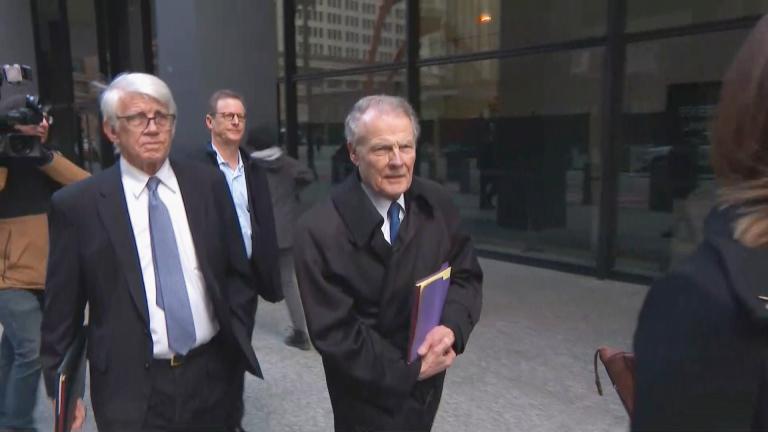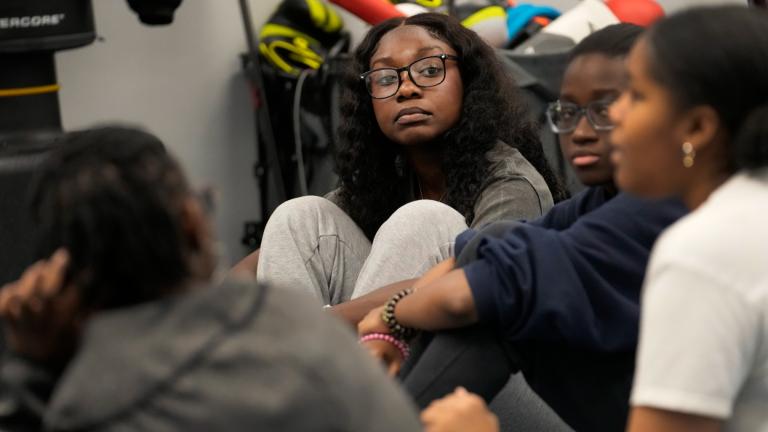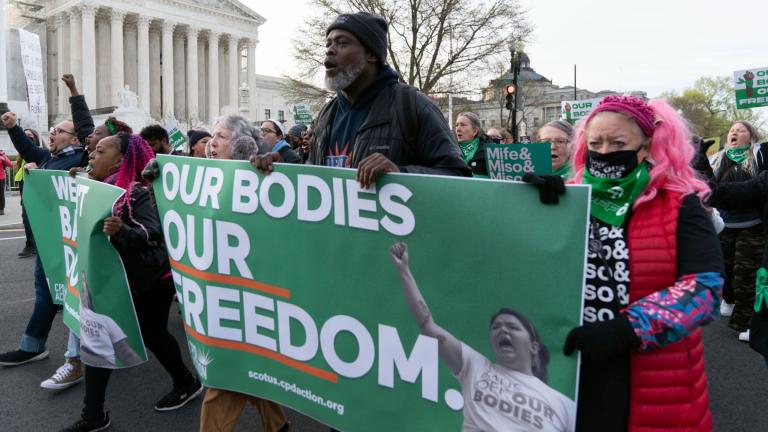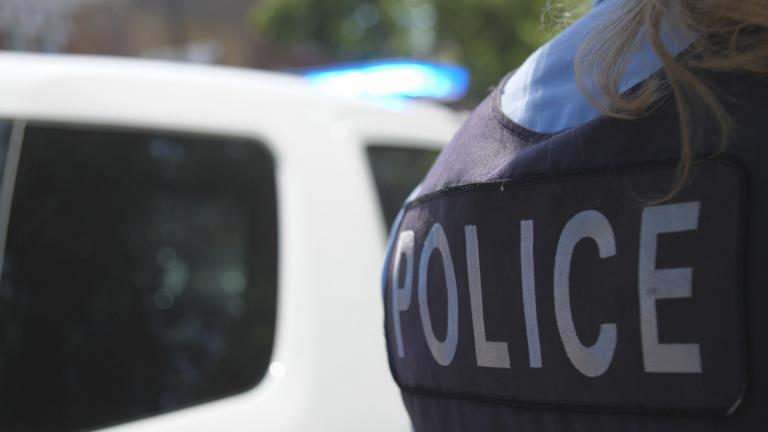Before the session ends, the Supreme Court is still scheduled to rule on two hot button cases, Harris v. Quinn and Sebelius v. Hobby Lobby. Our panel weighs in on the controversial cases and recent rulings, as well as looks ahead to the next session.
 Affordable Care’s Contraceptive Mandate
Affordable Care’s Contraceptive Mandate
Kathleen Sebelius, Sec. of Health and Human Services v. Hobby Lobby Stores, Inc., No. 13-354; Conestoga Wood Specialties Corporation v. Kathleen Sebelius, Sec. of Health and Human Services, No.13-356
Both cases challenge the Affordable Care Act’s contraceptive mandate. Hobby Lobby, a nationwide arts and crafts store, states on its website that it is committed to “honoring the Lord in all we do by operating the company in a manner consistent with biblical principles.” Conestoga Wood Specialties Corporation also cites adhering to religious principles, and states on its website, “Our ethics and values are founded on the Christian principles that influence the way we do business.”
The for-profit companies argue that they have the right to exercise the freedom of religion under the Constitution and Religious Freedom Restoration Act, and the contraceptive mandate violates religious freedom. Oral arguments for the cases were heard in March and the court should make a decision this month.
Public Sector Unions
Pamela Harris, et al. Petitioners v. Pat Quinn, Governor of Illinois, et al., No. 11-681
Pamela Harris, a personal care provider, along with other providers sued the State of Illinois to stop the practice of labor unions collecting fees from workers who refuse union representation. The workers insist that having to pay the fees violates the First Amendment. A bargain struck more than a decade ago between the Service Employee International Union (SEIU) Healthcare Illinois-Indiana and the state requires that all providers pay compulsory fees. A district court supported compulsory fees based on a supreme court precedent while the 7th U.S. District Court of Appeals approved the decision. Backed by the National Right to Work Legal Defense Foundation, Harris has approached the highest U.S. court.
 Streaming Video of Broadcast TV
Streaming Video of Broadcast TV
American Broadcasting Companies. Inc. v. Aereo, Inc., No. 13-461
The Supreme Court ruled 6-3, with Justices Antonin Scalia, Clarence Thomas, and Samuel Anthony Alito dissenting, that it was illegal for Aereo to record and stream broadcast TV signals to subscribers. Read the Supreme Court's Decision.
Aereo subscribers pay a monthly fee to receive broadcast TV programming on the Internet, while it is being broadcast on TV. Much of this programming is copyrighted material, and Aereo did not own the copyright work or a license from the copyright owners to show/broadcast the works publicly. Justice Stephen Breyer wrote in the opinion of the court that Aereo’s service infringed on the Copyright Act of 1976.
Cellphone Searches
David Leon Riley, Petitioner, v. California, No. 13-132
 The Supreme Court unanimously ruled police need warrants to search cellphones of people they arrest. “Digital data stored on a cell phone cannot itself be used as a weapon to harm an arresting officer or to effectuate the arrestee’s escape. Law enforcement officers remain free to examine the physical aspects of a phone to ensure that it will not be used as a weapon—say, to determine whether there is a razor blade hidden between the phone and its case,” Chief Justice Roberts wrote in the opinion of the court. “Once an officer has secured a phone and eliminated any potential physical threats, however, data on the phone can endanger no one.” Read the Supreme Court's decision.
The Supreme Court unanimously ruled police need warrants to search cellphones of people they arrest. “Digital data stored on a cell phone cannot itself be used as a weapon to harm an arresting officer or to effectuate the arrestee’s escape. Law enforcement officers remain free to examine the physical aspects of a phone to ensure that it will not be used as a weapon—say, to determine whether there is a razor blade hidden between the phone and its case,” Chief Justice Roberts wrote in the opinion of the court. “Once an officer has secured a phone and eliminated any potential physical threats, however, data on the phone can endanger no one.” Read the Supreme Court's decision.
Previously, courts have allowed warrantless searches in connections with arrests, but in 2012, several justices suggested a new approach to privacy rights may be required. This case arose from two cases involving individuals who had had their cellphones searched following their arrests by police. In both cases these searches were conducted without warrants, and in both cases, also led to the individuals being charged in additional crimes based on information obtained from their cellphones.
Recess Appointments
National Labor Relations Board v. Noel Canning, et al, No. 12-1281
The Supreme Court unanimously voted to curb the executive power of issuing temporary senior government appointments during breaks between Senate sessions. The court ruled Obama’s recess appointments to the National Labor Relations Board (NLRB) in 2012 unconstitutional. At the time, the Senate convened every three days in pro forma sessions, which Justice Stephen G. Breyer wrote was too short to be considered a recess within the scope of the Recess Appointments Clause. The court will allow recess appointments only during breaks of 10 or more days. Read the Supreme Court's decision.
The case arose out of a labor dispute between the NLRB and Noel Canning, a Pepsi-Cola distributor. NRLB ruled against the company, saying it had engaged in an unfair labor practice by refusing to enter into a collective bargaining agreement. The company argued that the board did not have the authority to rule because a majority of its members had been appointed during a time when the Senate was meeting every three days for pro forma sessions. The U.S. Court of Appeals for the D.C. Circuit decided that the Board did not have enough members present to constitute a ruling.
 Abortion Protests
Abortion Protests
Eleanor McCullen, et al. Petitioners v. Martha Coakley, Attorney General of Massachusetts, No 12-1168.
The court also unanimously struck down the 35-foot buffer zones a Massachusetts statute created around abortion clinics to keep demonstrators away from patients and employees. All nine judges agreed that the state law violated the First Amendment since the law blocked public spaces that originally allowed free speech. Chief Justice John Roberts wrote in a majority opinion that Massachusetts went too far in order to protect abortion patients. Read the Supreme Court's Decision.
In 2000, the court supported an 8-foot buffer zone within 100 feet of a health care facility’s entrance in Colorado. Massachusetts set larger buffer zones around the entrances, exits and driveways of abortion clinics in 2007. Earlier this year, Eleanor McCullen, an anti-abortion campaigner, brought her frustration toward the 35-foot buffer zones to court. Martha Coakley, the state attorney general who defended the lawsuit, insisted that the zones were necessary after a history of harassment and violence at abortion clinics.
Same Sex Marriage Ban Unconstitutional
The U.S. Court of Appeals for the 10th Circuit in Denver overturned Utah’s voter-approved ban of same-sex marriages. The appeals court set a precedent by finding that voter-approved bans on same-sex marriage violate the constitutional rights of same-sex couples to equal protection and due process.
Utah’s attorney general, Sean Reyes, said his office would appeal the case to the U.S. Supreme Court. There are several lawsuits challenging the constitutionality of same-sex marriage bans, and the Supreme Court could face the issue next year.
--Xueying Chen contributed to this report.








